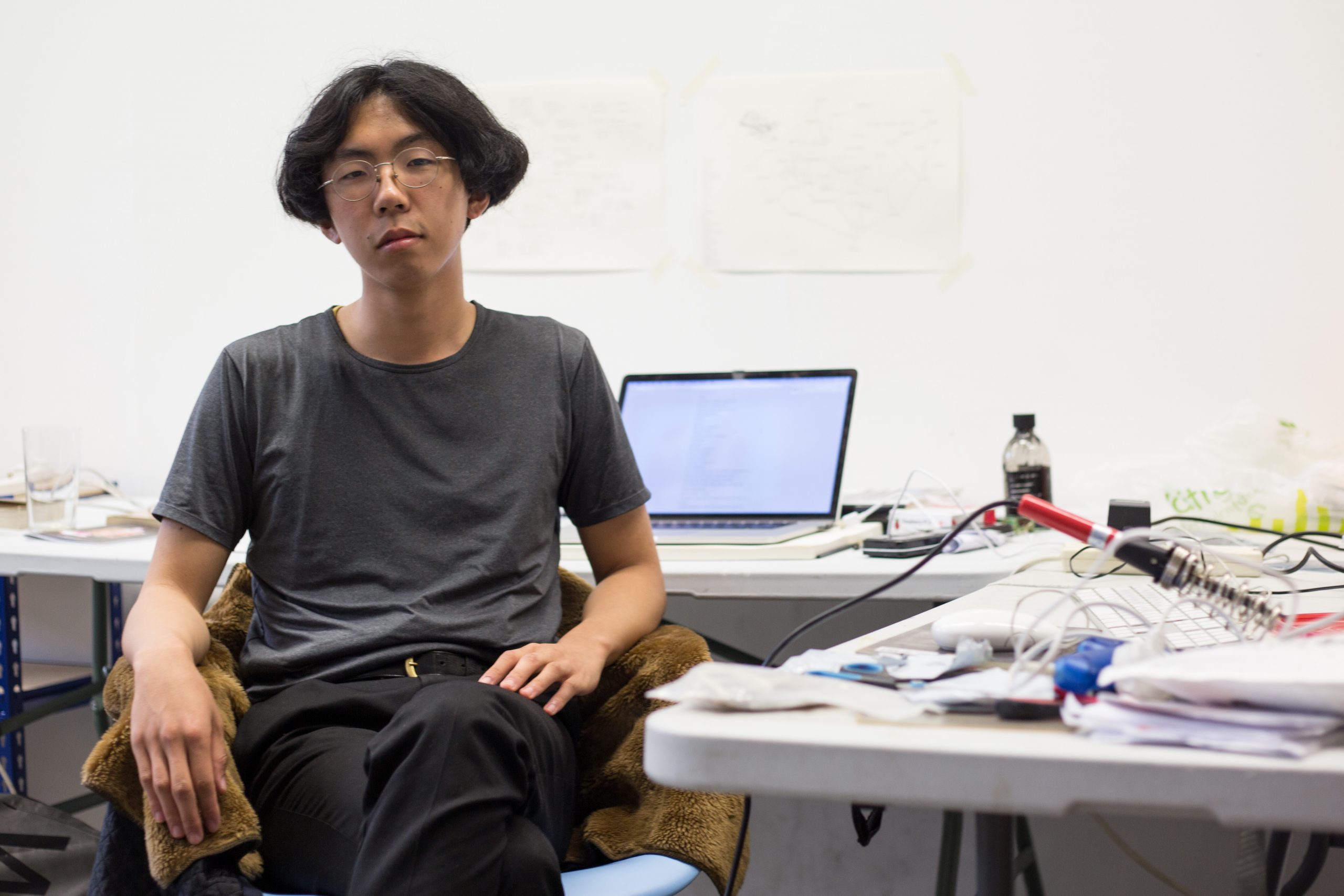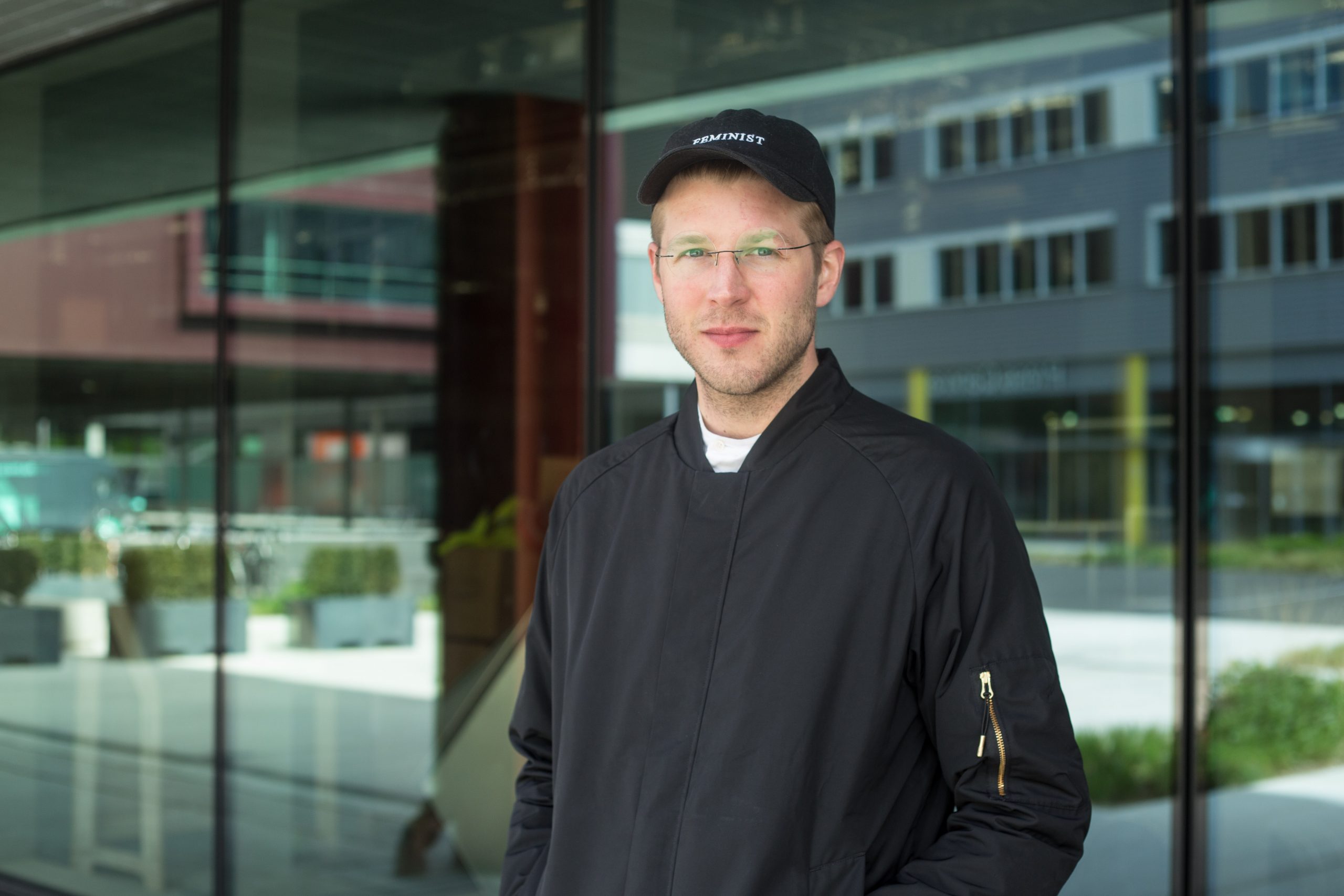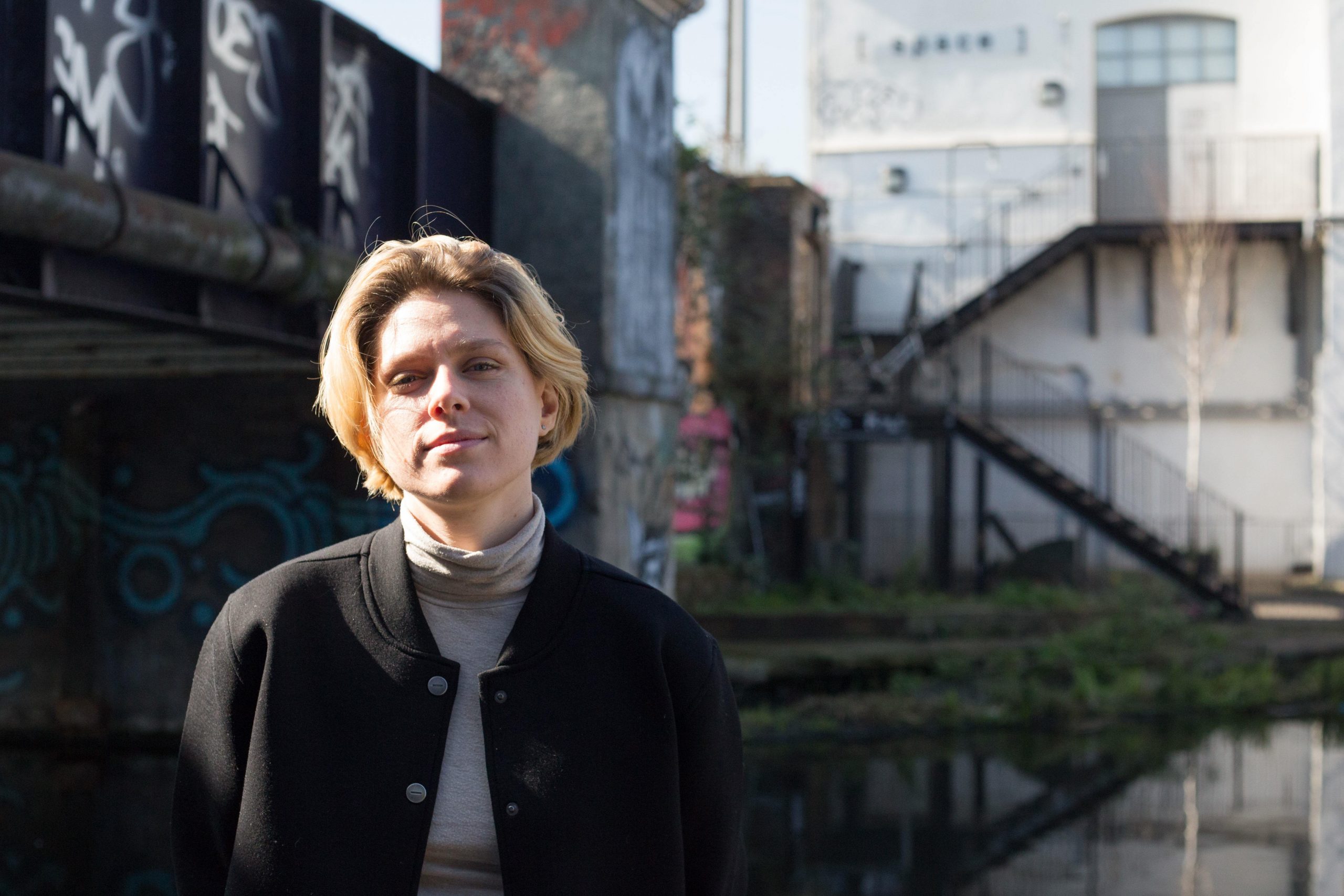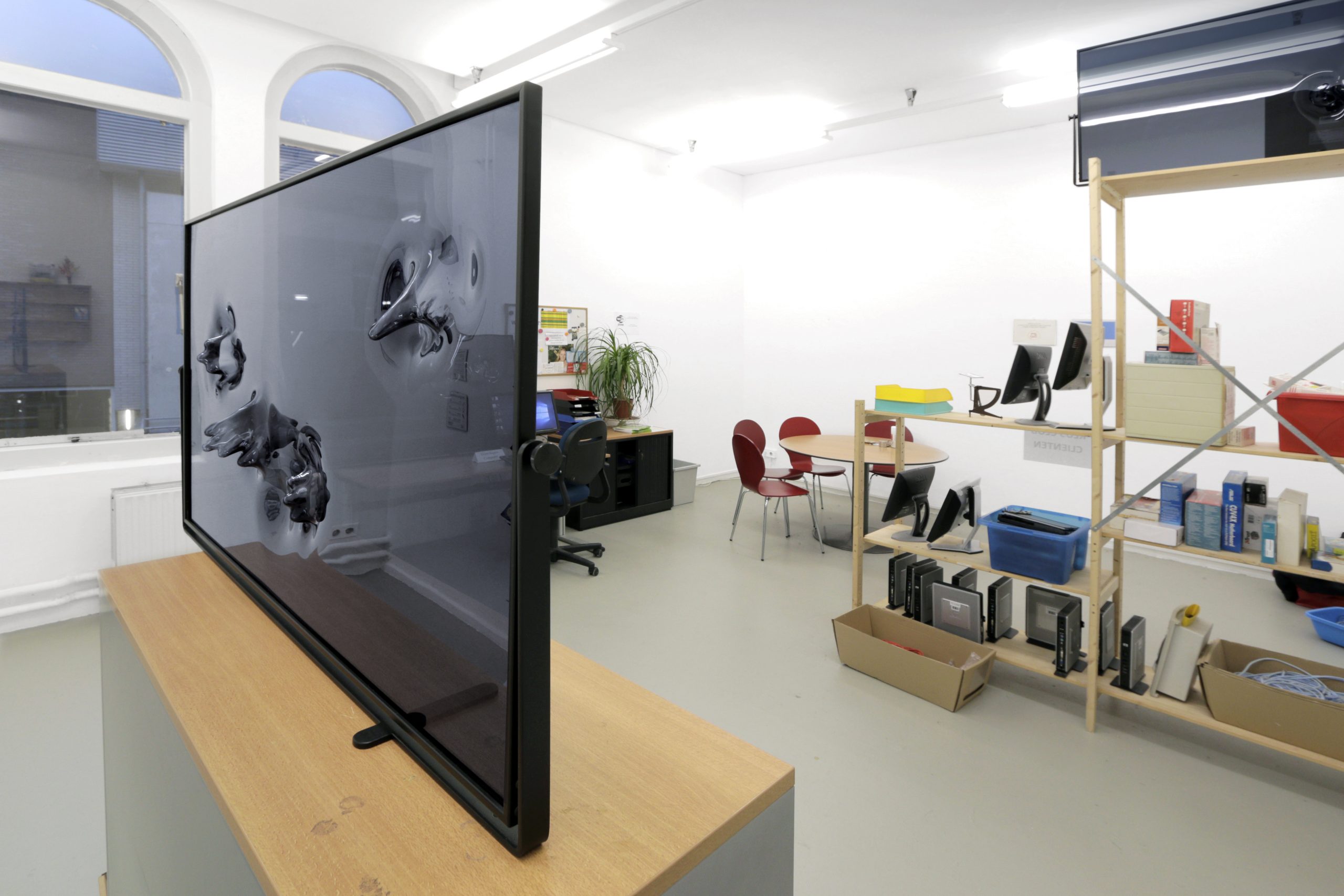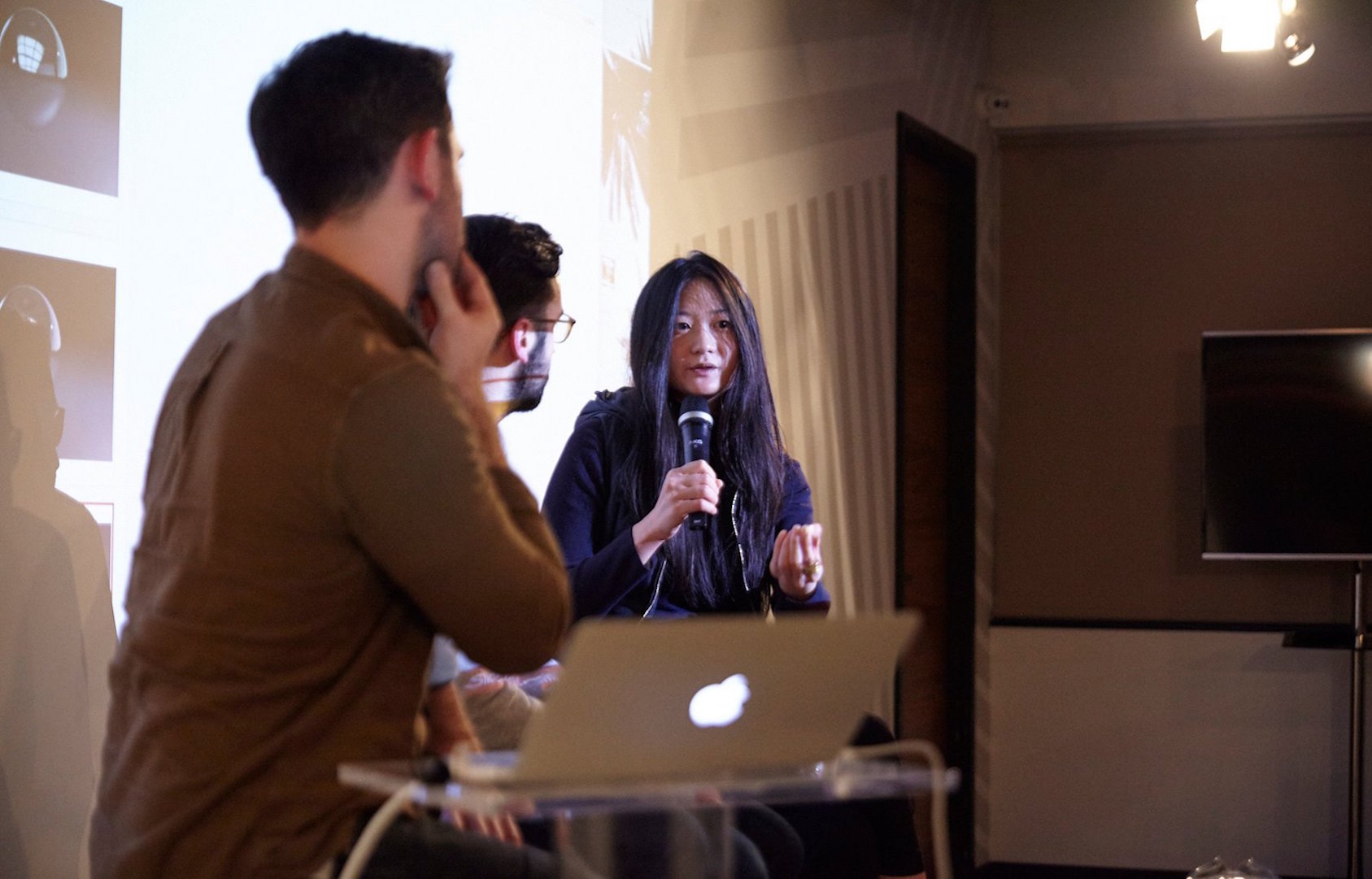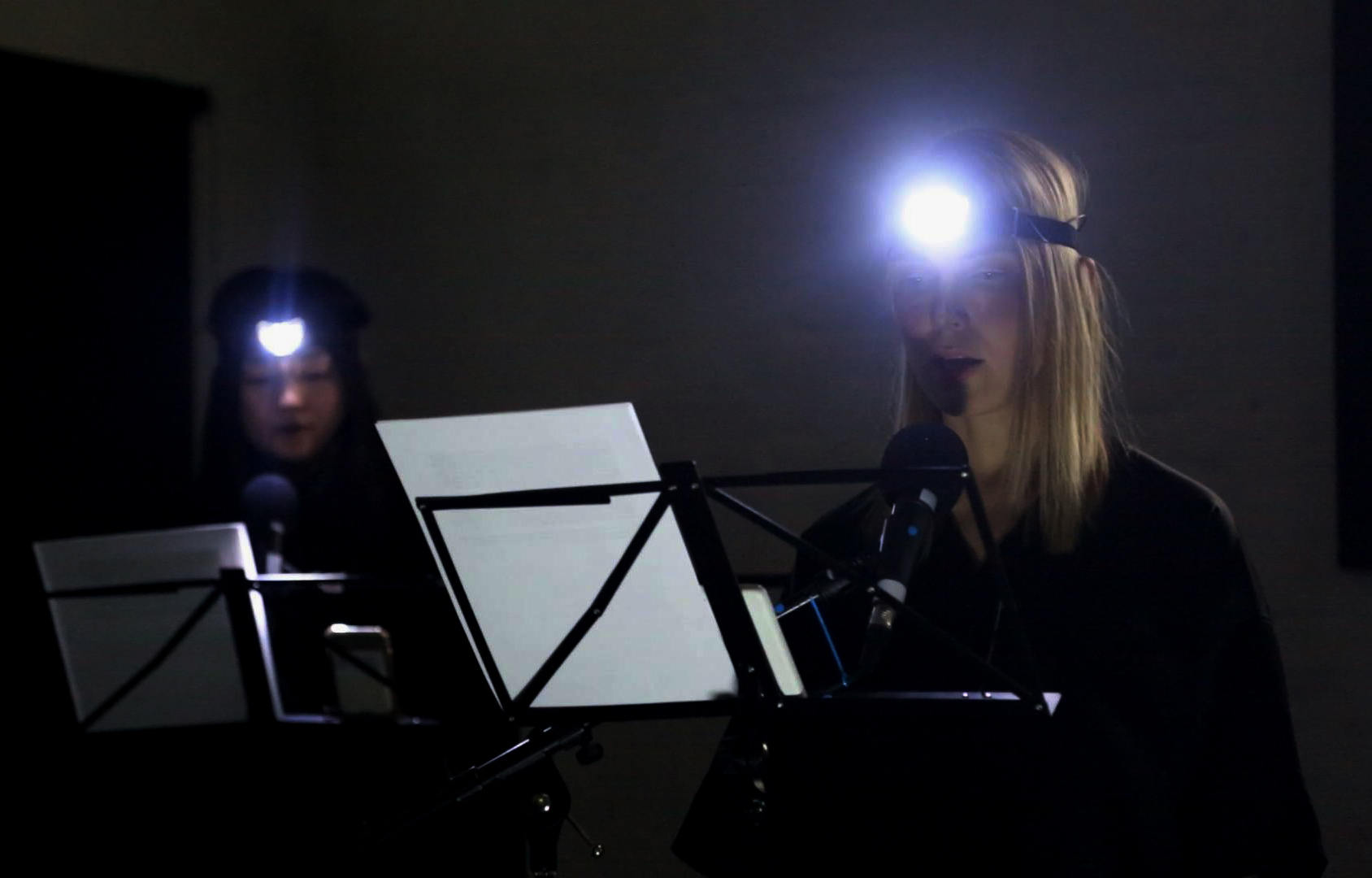
Interview with Gary Zhang
A series of interviews with SPACE Art + Technology artists in residence
What were you doing in the year leading up to the residency?
Until June 2016 I was studying literature and reading a lot of media theory. My work had already been focused around the narratives of digital culture, but over the last year my research became much more directed towards more fundamental ideas of mediation, communication, organisation, thinking less about technologies and more about techniques, which informs my work at the moment.
I spent the summer months in China, writing about art and researching new media tech with my partner, Agnes. Probably the most interesting part was the tech markets in Shenzhen, which are pretty well known by now and which is an amazing model of decentralised production. I got back to the UK and started a residency at Wysing Arts Centre in the autumn, during which I became fixated with ideas of distributed/swarm forms of organisation, in economies and societies, as well as biological organisms. All of these ideas have kind of mulched together in my current research, which feeds on a mixture of ideas from technological and ecological discourses.
What are you working on at the moment?
At the moment I’m mostly preparing for an upcoming DIY teledildonics workshop, which is a nice opportunity to bring a bunch of people together to discuss and design forms of distributed touch. Touching each other over networks, one to one, many to many, and so on. I’m interested in how touch, with all its notions of intimacy, physicality and locality, is fundamental to a lot of our basic conceptual metaphors, and how networked relations come into that. The technical element, some sensors and motors running on networked Raspberry Pis isn’t primary but it has to work smoothly, so I’m just figuring out as I go along. I’ve just received some fast-cure silicone for some extra glutinous wearables.
I’ve also been writing about parasites, in a text that is hoping to become the basis of a new film piece. Parasites are interesting because they tend to appropriate and hijack other systems, creating new possibilities. Sometimes, they even form organic prostheses. One creature’s body is another creature’s logistics. They seem an interesting way of thinking about creativity — as in, how new systems emerge from existing ones — as well as need and nurture. Is there anything more tragic than a tapeworm without a gut?
How have you found the residency so far?
It’s been great! Good to have time to work and think but also really well curated on the part of SPACE. As in, it’s been a privilege to just work alongside really interesting artists who share many of the same interests, speak the same language, in terms of technology, the critical politics and philosophy around it, etc. Lots of great conversations, which has probably been the most valuable thing. Nice to share a studio full of ‘nerdy techy types’, as one of the other residents put it.
What’s coming next?
I’m hoping to spend the next few months completing my current project, which is probably a film engaging with stuff I’ve been thinking about lately: swarm erotics, parasites, emergence, etc. In August I’ll be doing a residency at the CCA’s Creative Lab in Glasgow, which will hopefully be the final stage. After that I’m headed to the US to join the Art, Culture and Technology programme at MIT, the funding for which only emerged recently so I’m still getting my head around it. Having never been to the States before, this seems like a weird time to go but there’s also a sense of morbid curiosity. I’m planning to continue to research and make work investigating political and ecological systems, and perhaps explore some territory outside of film, such as experimenting more directly with biological materials.

